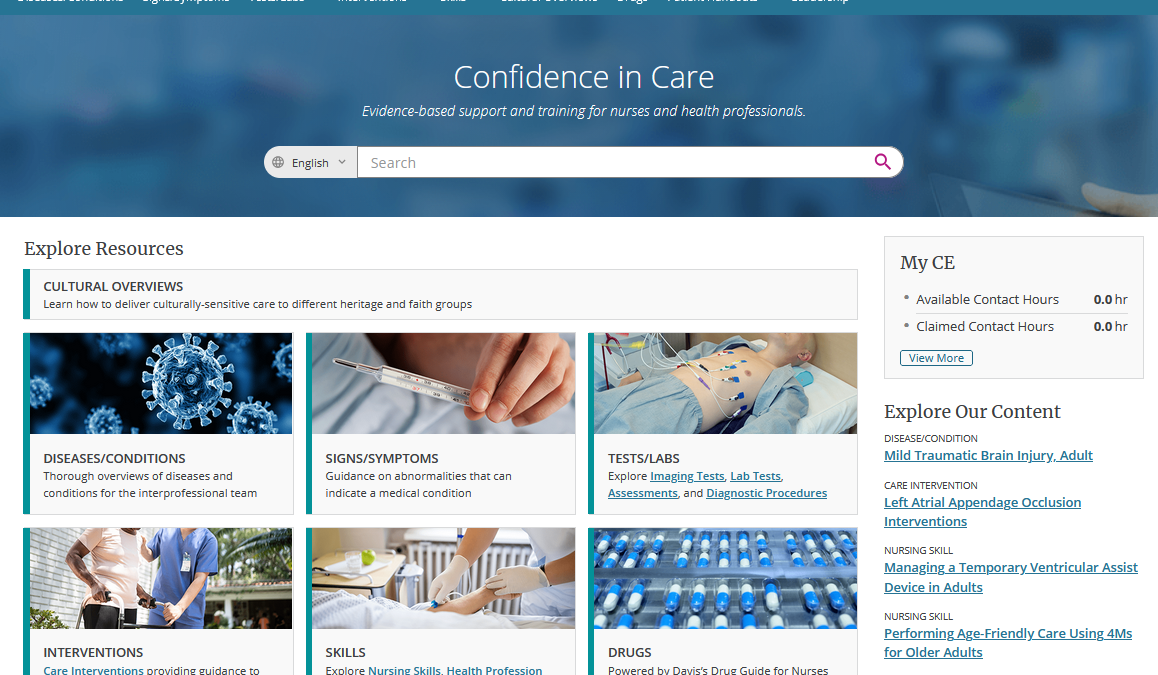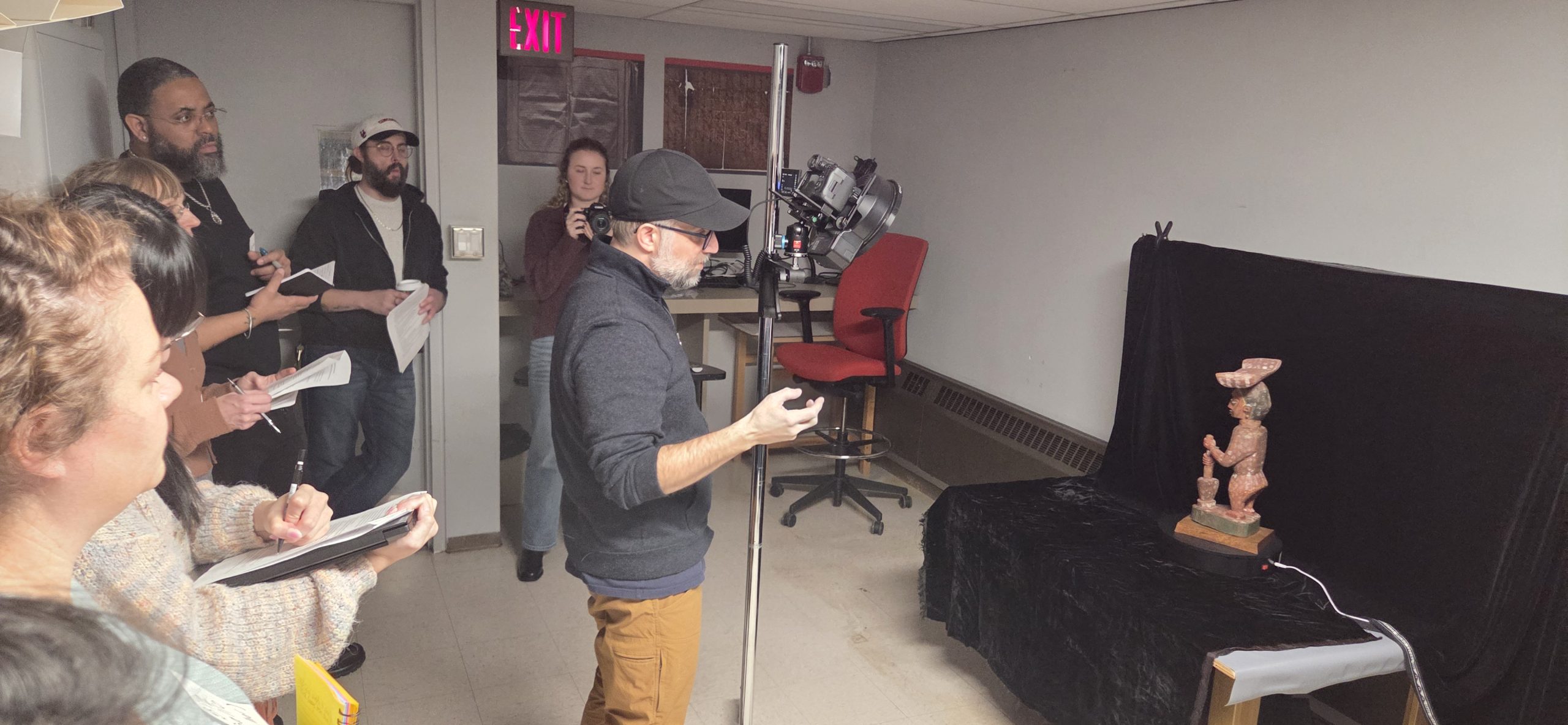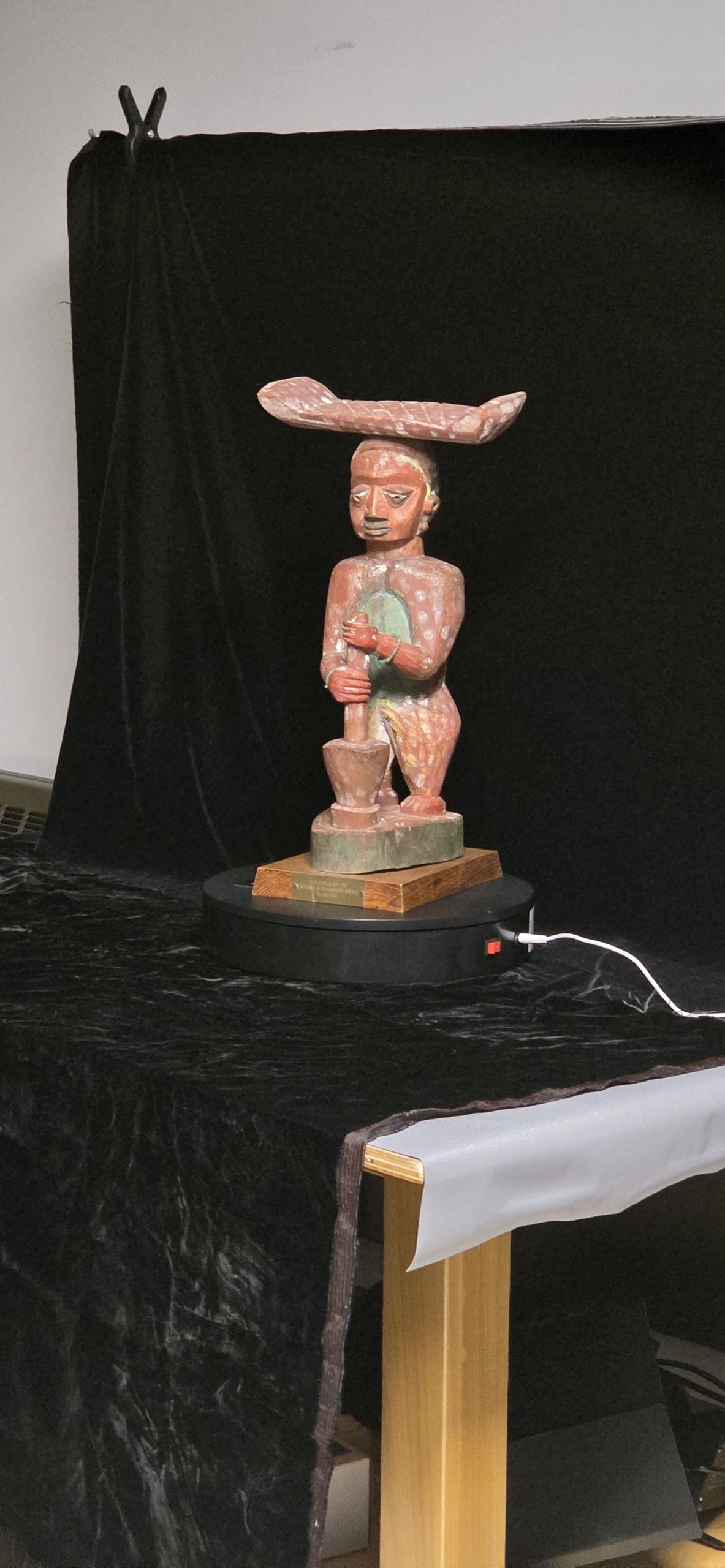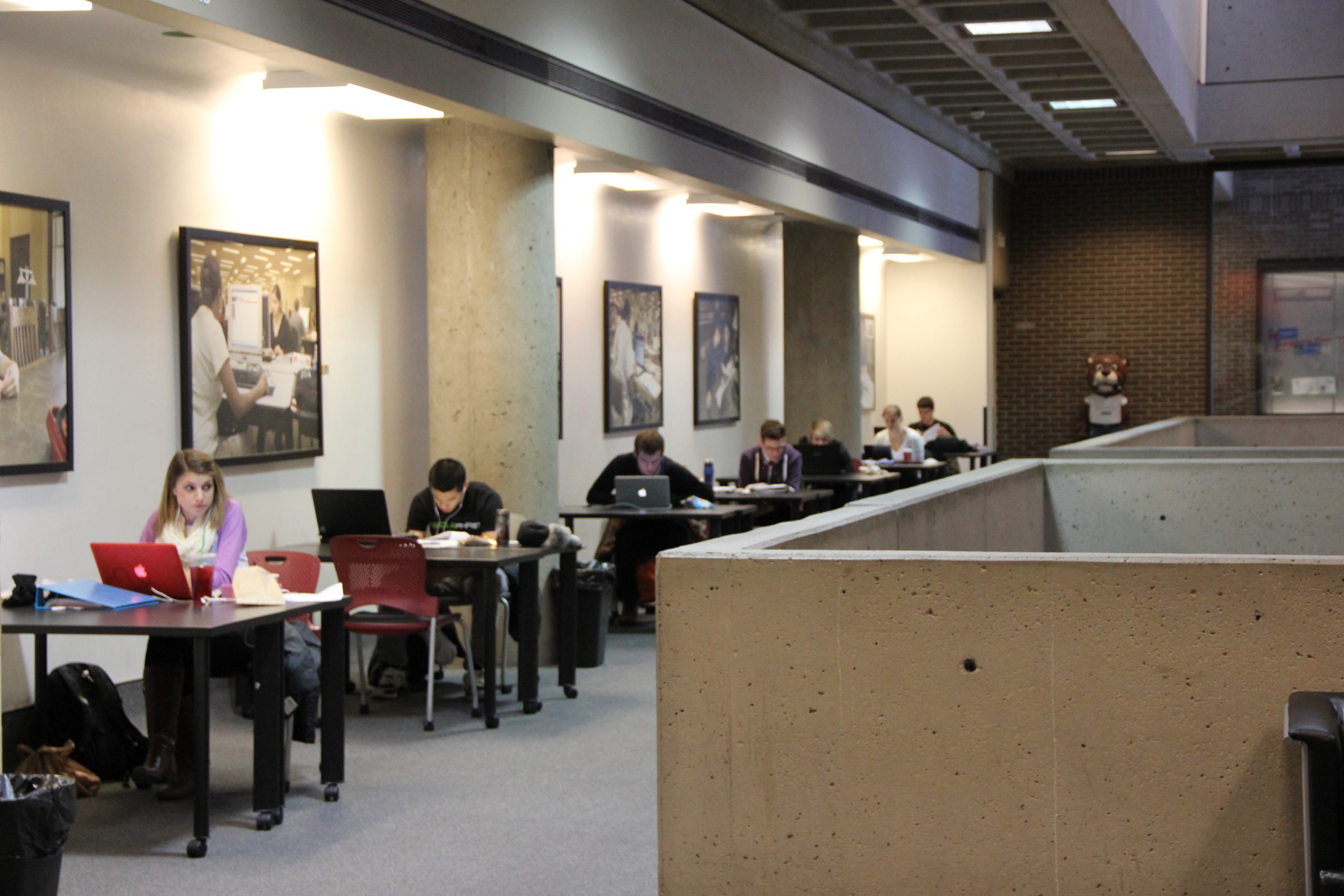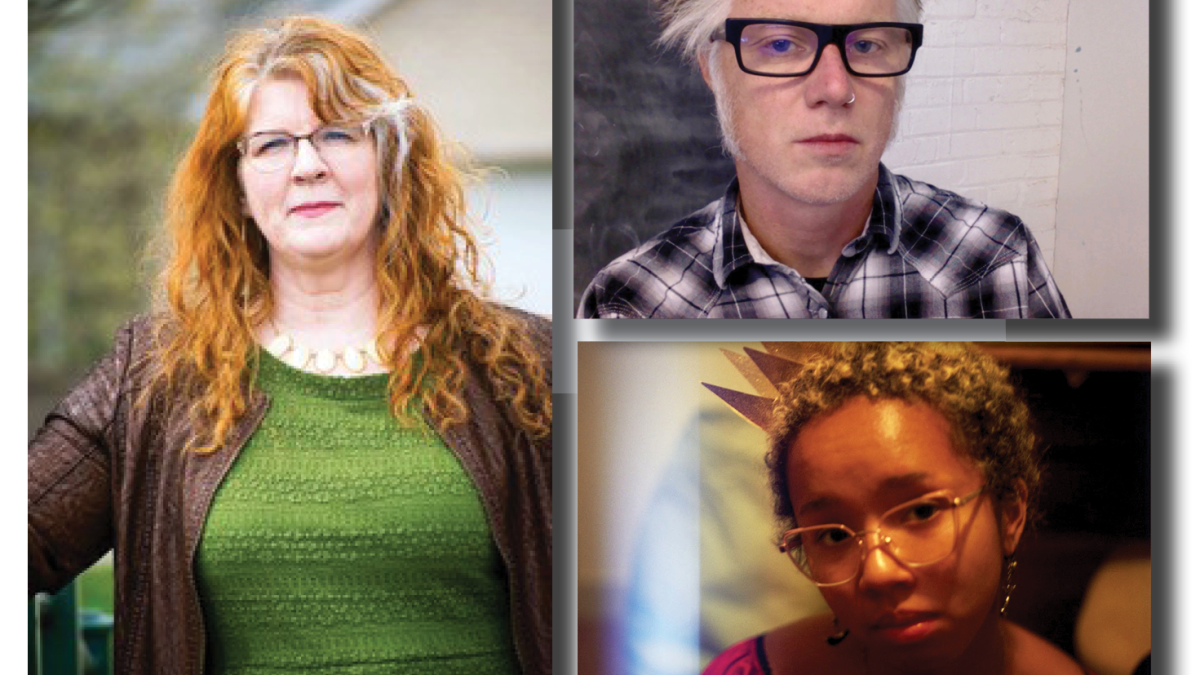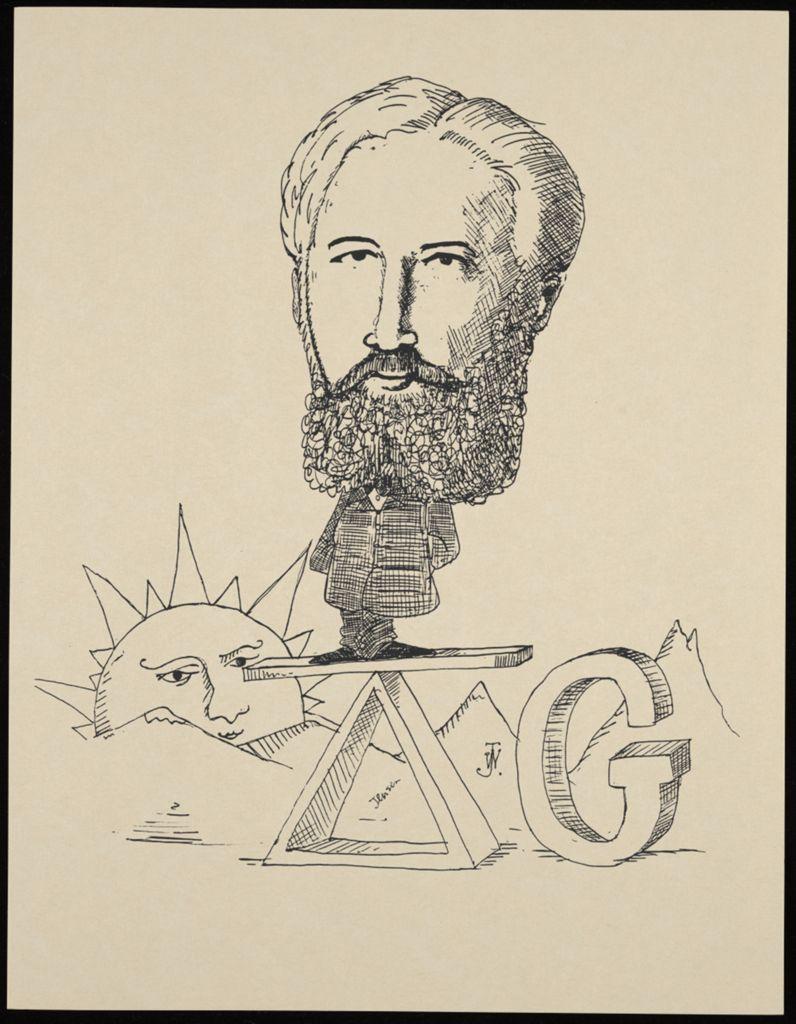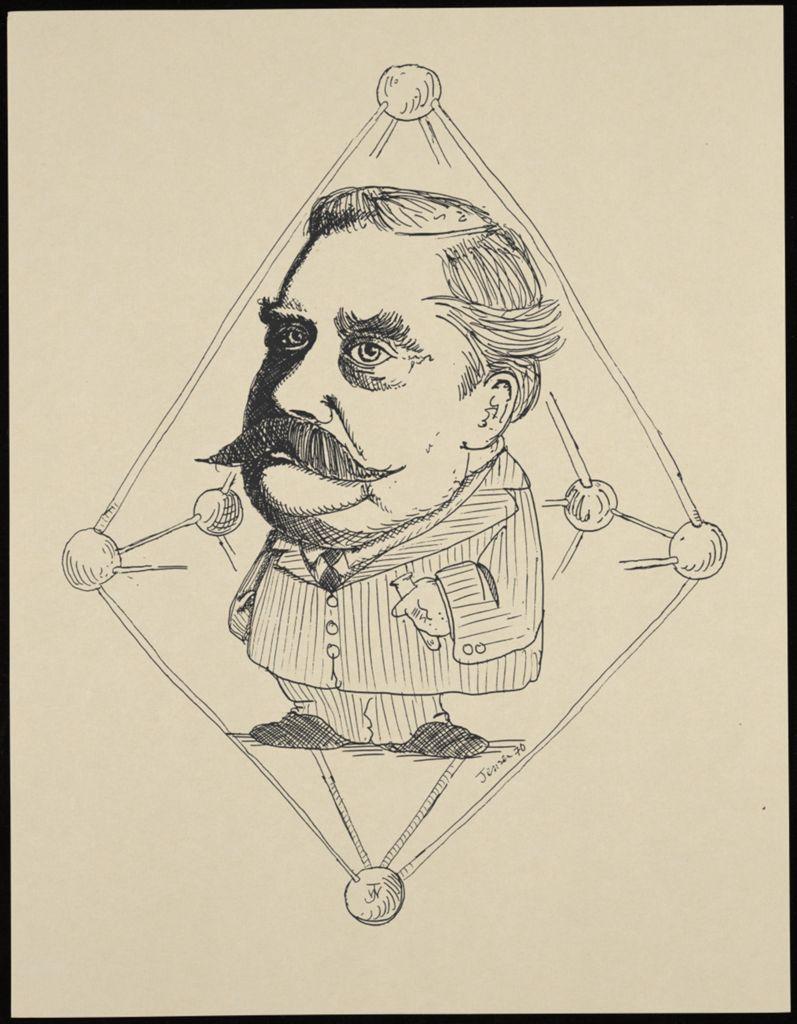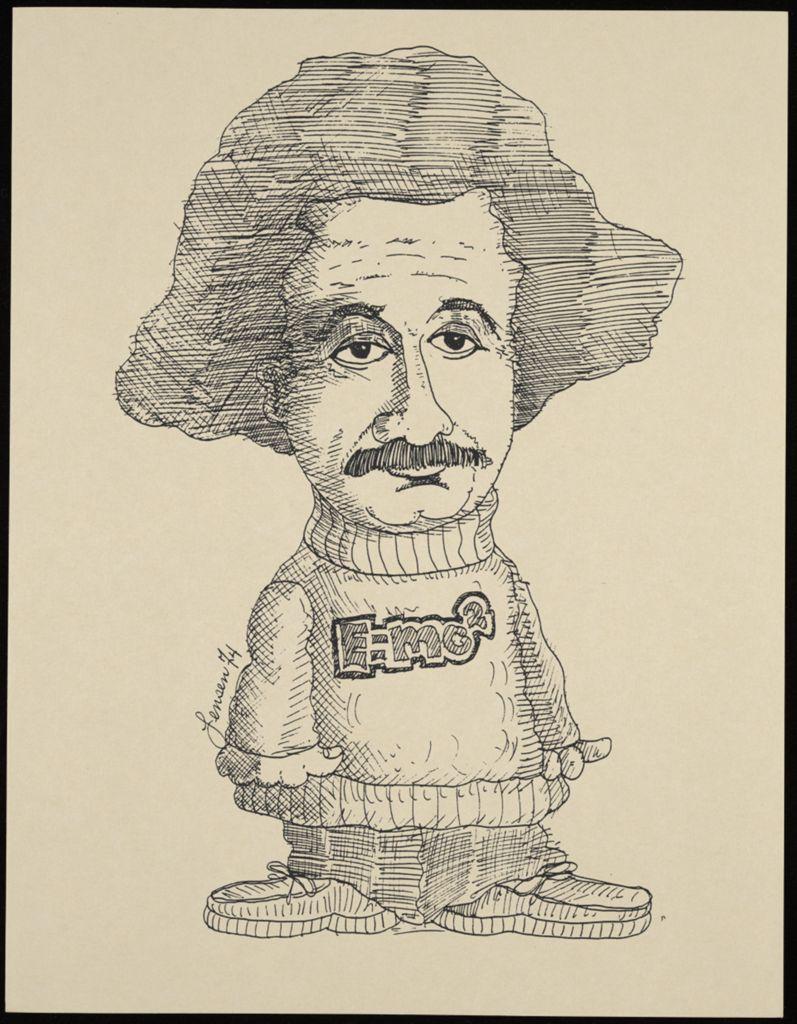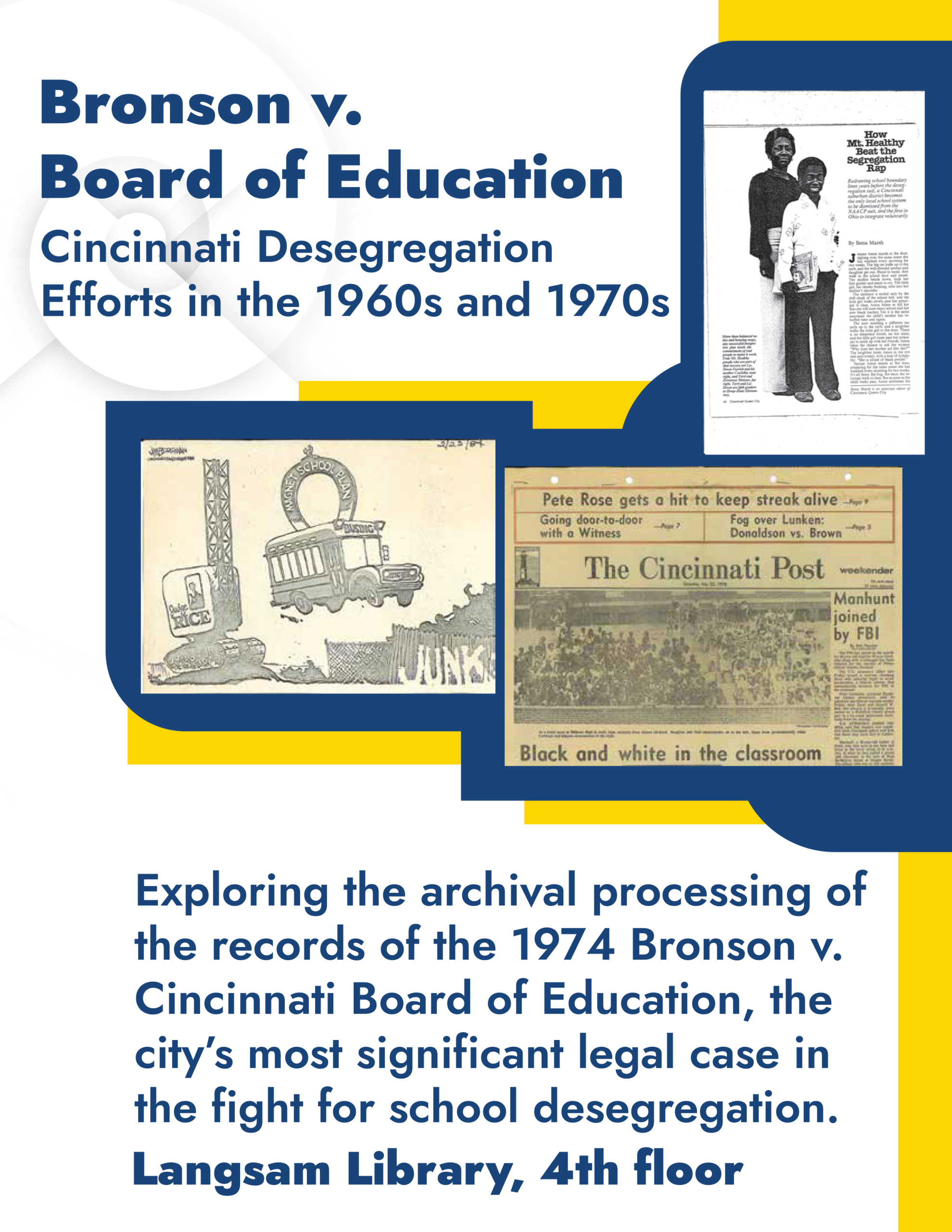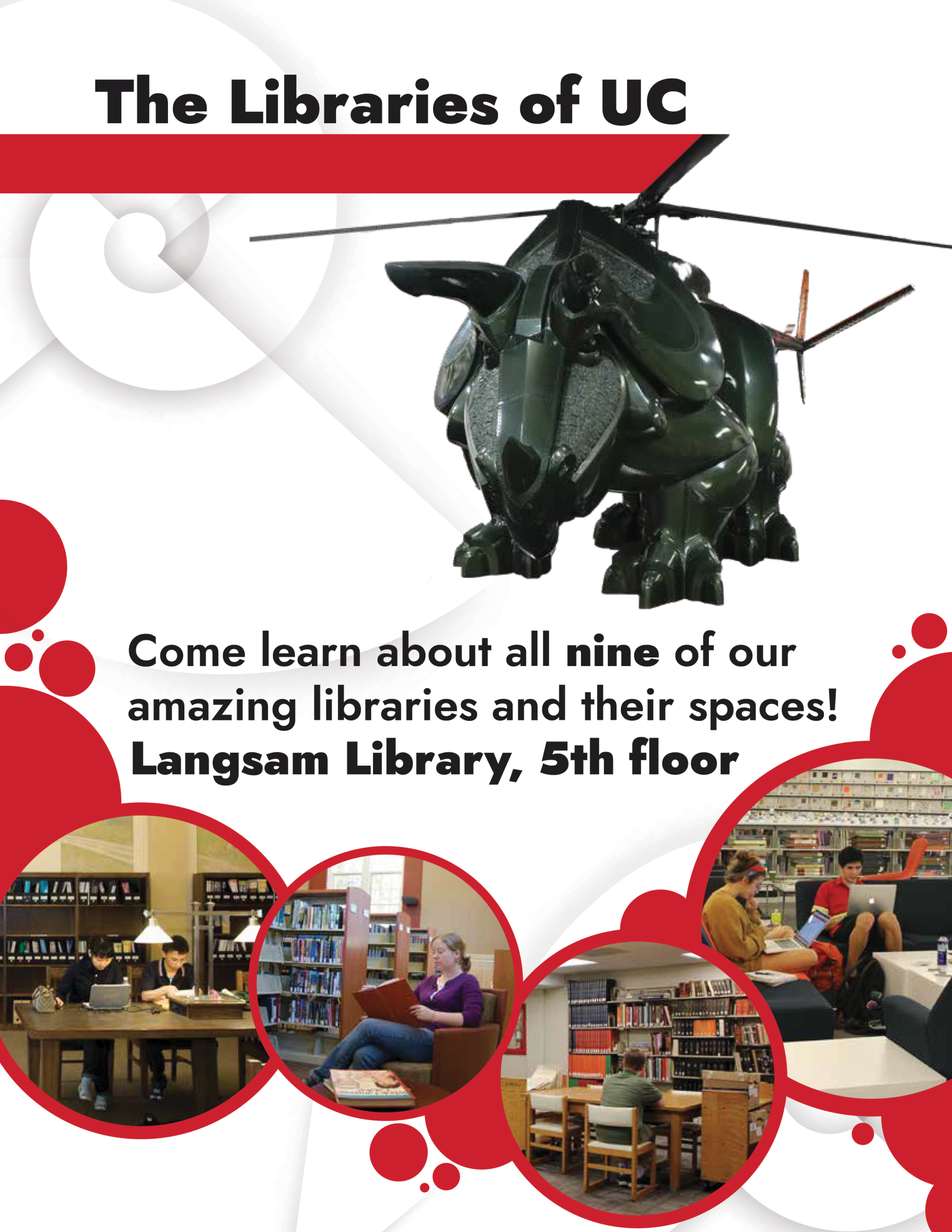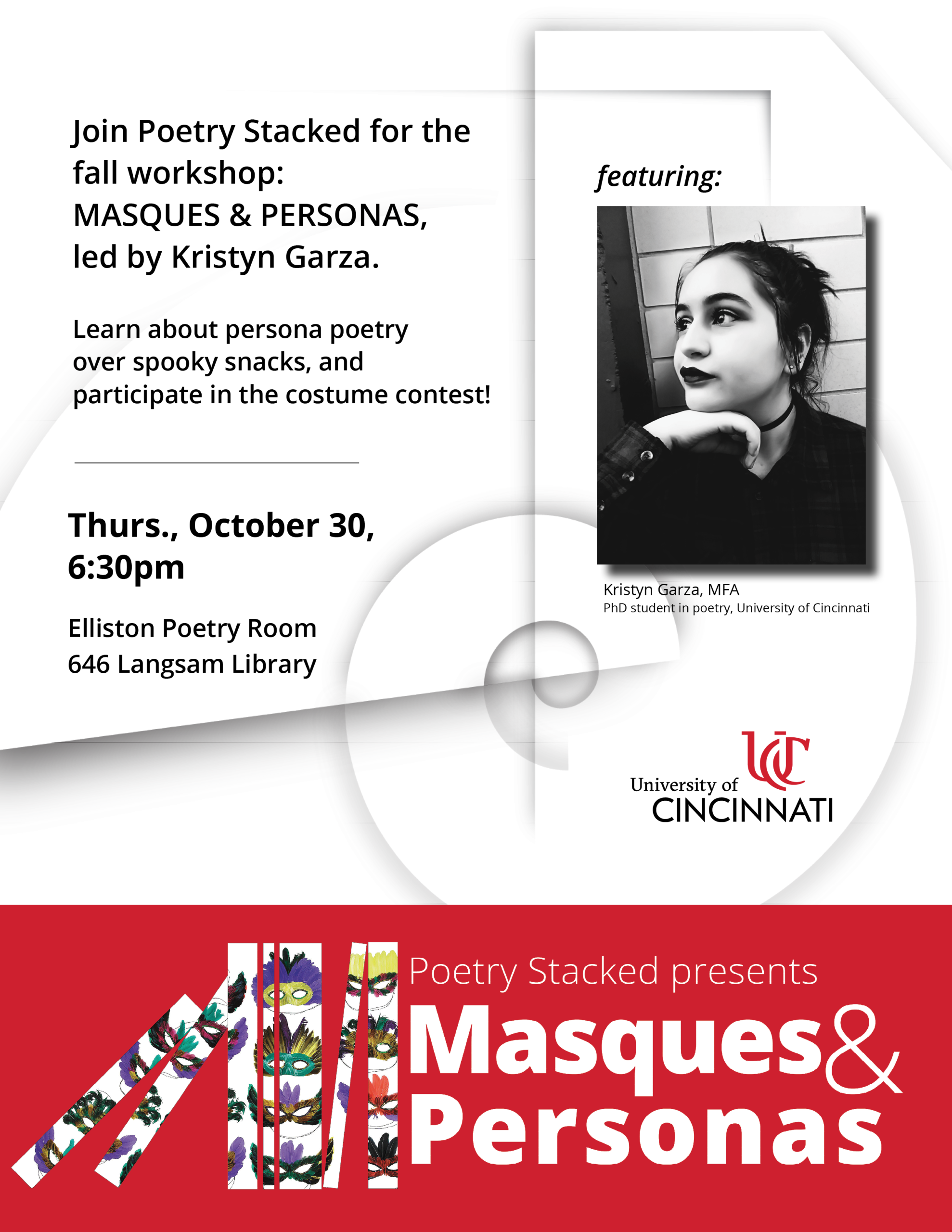The Health Sciences Library provides access to hundreds of resources – from journals and books to flashcards and test banks.
It can be difficult to find and access these resources (we know our website is a bit clunky) so our librarians have created libguides to provide easy access to popular and subject specific resources. Be sure to bookmark the links that are relevant to your areas!
- HSL Popular Resources: https://guides.libraries.uc.edu/hsl-popular
- Allied Health Sciences Resources Guide: https://guides.libraries.uc.edu/CAHS
- College of Medicine Resources: https://guides.libraries.uc.edu/com
- Nursing Resource Guide: https://guides.libraries.uc.edu/nursing
- Pharmacy Resources Guide: https://guides.libraries.uc.edu/HSL_pharmacy
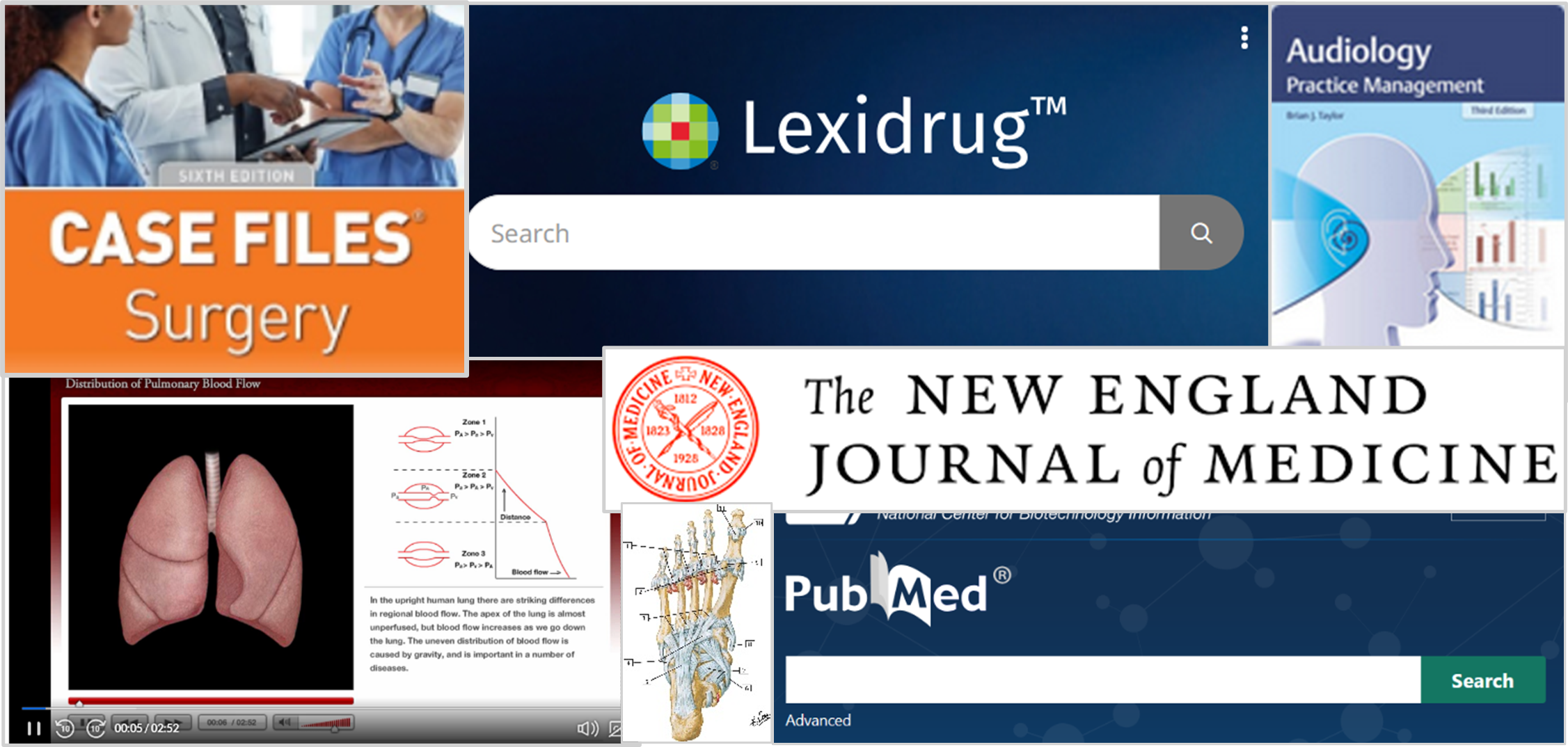
If you are interested in exploring all databases, check out the A-Z database list.
Contact the HSL if you encounter any issues finding, accessing or using the library’s resources!

